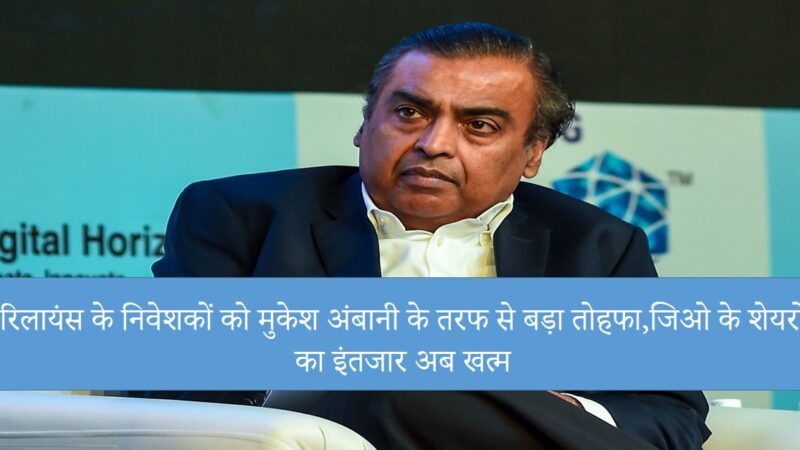Top 5 indian banks that invested in Cryptocurrency
The world of cryptocurrency has been growing at an exponential rate in recent years, with more and more financial institutions recognizing the value and potential of this digital asset. Despite initial skepticism and caution, several Indian banks have made investments in cryptocurrency, signaling a shift towards the acceptance and adoption of this digital asset. In this article, we will take a closer look at some of the Indian banks that have made investments in cryptocurrency.

- HDFC Bank
HDFC Bank is one of the largest private sector banks in India and has made significant investments in cryptocurrency. In 2018, the bank banned the use of its debit and credit cards for cryptocurrency transactions, citing concerns over money laundering and fraud. However, the bank has also made investments in blockchain technology and has launched a range of blockchain-based services.
In 2019, HDFC Bank became the first Indian bank to join the blockchain consortium, BankChain. The consortium is focused on exploring the potential of blockchain technology for financial services and has several other Indian banks as members.
- ICICI Bank
ICICI Bank is another major Indian bank that has made investments in cryptocurrency. In 2018, the bank banned the use of its debit and credit cards for cryptocurrency transactions, citing concerns over money laundering and fraud. However, the bank has also made investments in blockchain technology and has launched a range of blockchain-based services.
In 2016, ICICI Bank launched its blockchain-based trade finance platform, which allows customers to manage their trade finance transactions in a secure and efficient manner. The platform is built on the blockchain and allows for the digitization of trade finance documents.
- Yes Bank
Yes Bank is a private sector bank in India that has also made investments in cryptocurrency. In 2018, the bank banned the use of its debit and credit cards for cryptocurrency transactions, citing concerns over money laundering and fraud. However, the bank has also made investments in blockchain technology and has launched a range of blockchain-based services.
In 2017, Yes Bank launched its blockchain-based vendor financing platform, which allows vendors to access financing in a more efficient and cost-effective manner. The platform is built on the blockchain and allows for the digitization of vendor financing documents.
- Kotak Mahindra Bank
Kotak Mahindra Bank is another private sector bank in India that has made investments in cryptocurrency. In 2018, the bank banned the use of its debit and credit cards for cryptocurrency transactions, citing concerns over money laundering and fraud. However, the bank has also made investments in blockchain technology and has launched a range of blockchain-based services.
In 2016, Kotak Mahindra Bank launched its blockchain-based trade finance platform, which allows customers to manage their trade finance transactions in a secure and efficient manner. The platform is built on the blockchain and allows for the digitization of trade finance documents.
- Axis Bank
Axis Bank is a private sector bank in India that has also made investments in cryptocurrency. In 2018, the bank banned the use of its debit and credit cards for cryptocurrency transactions, citing concerns over money laundering and fraud. However, the bank has also made investments in blockchain technology and has launched a range of blockchain-based services.
In 2017, Axis Bank launched its blockchain-based trade finance platform, which allows customers to manage their trade finance transactions in a secure and efficient manner. The platform is built on the blockchain and allows for the digitization of trade finance documents.
In conclusion, several Indian banks have recognized the value and potential of cryptocurrency and have made significant investments in this digital asset. While some banks have been more cautious than others, it is clear that the adoption and acceptance of cryptocurrency is growing in India. As blockchain and cryptocurrency continue to evolve, it will be interesting to see how Indian banks continue to invest in and leverage


